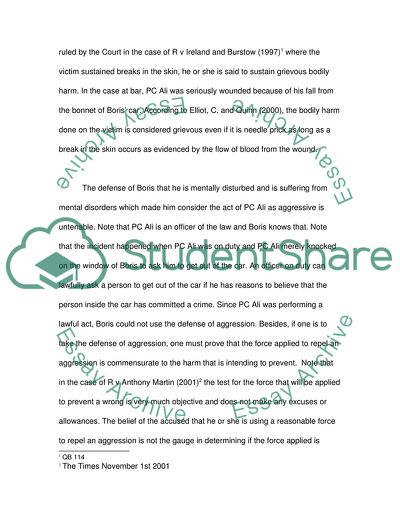Cite this document
(People Who are Considered Guilty of a Crime Case Study - 7, n.d.)
People Who are Considered Guilty of a Crime Case Study - 7. Retrieved from https://studentshare.org/law/1707655-criminal-law
People Who are Considered Guilty of a Crime Case Study - 7. Retrieved from https://studentshare.org/law/1707655-criminal-law
(People Who Are Considered Guilty of a Crime Case Study - 7)
People Who Are Considered Guilty of a Crime Case Study - 7. https://studentshare.org/law/1707655-criminal-law.
People Who Are Considered Guilty of a Crime Case Study - 7. https://studentshare.org/law/1707655-criminal-law.
“People Who Are Considered Guilty of a Crime Case Study - 7”. https://studentshare.org/law/1707655-criminal-law.


